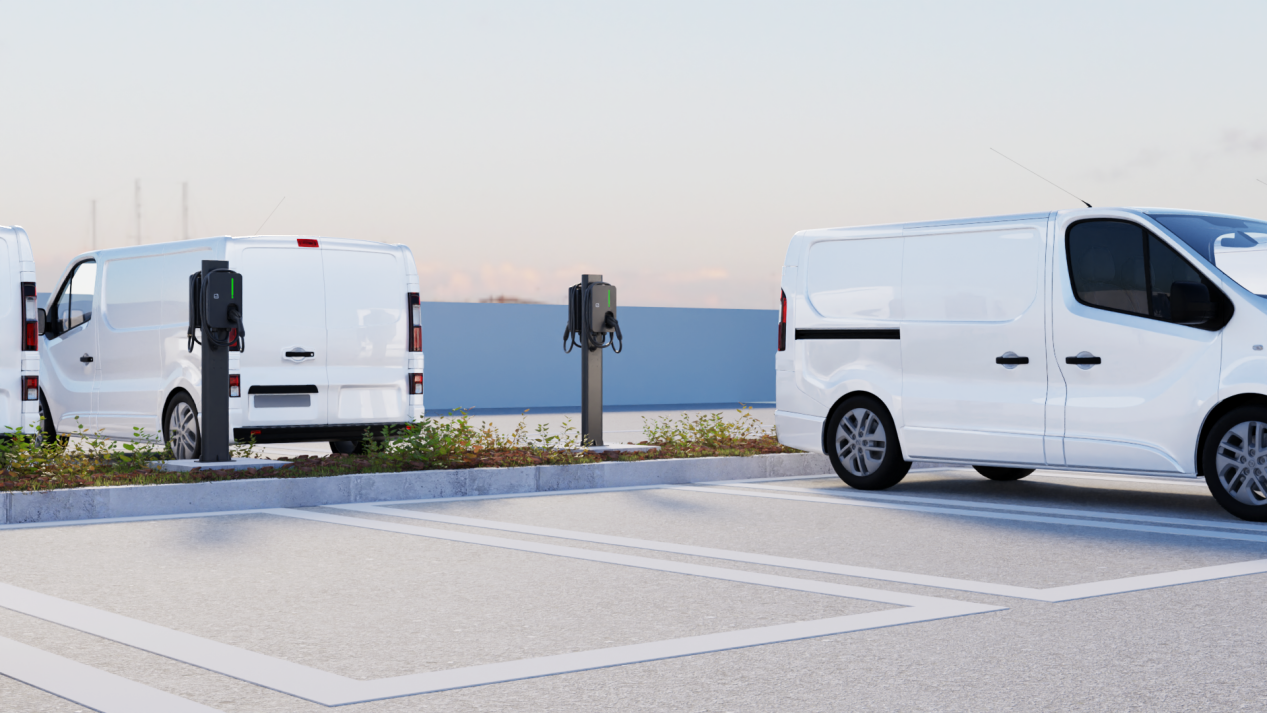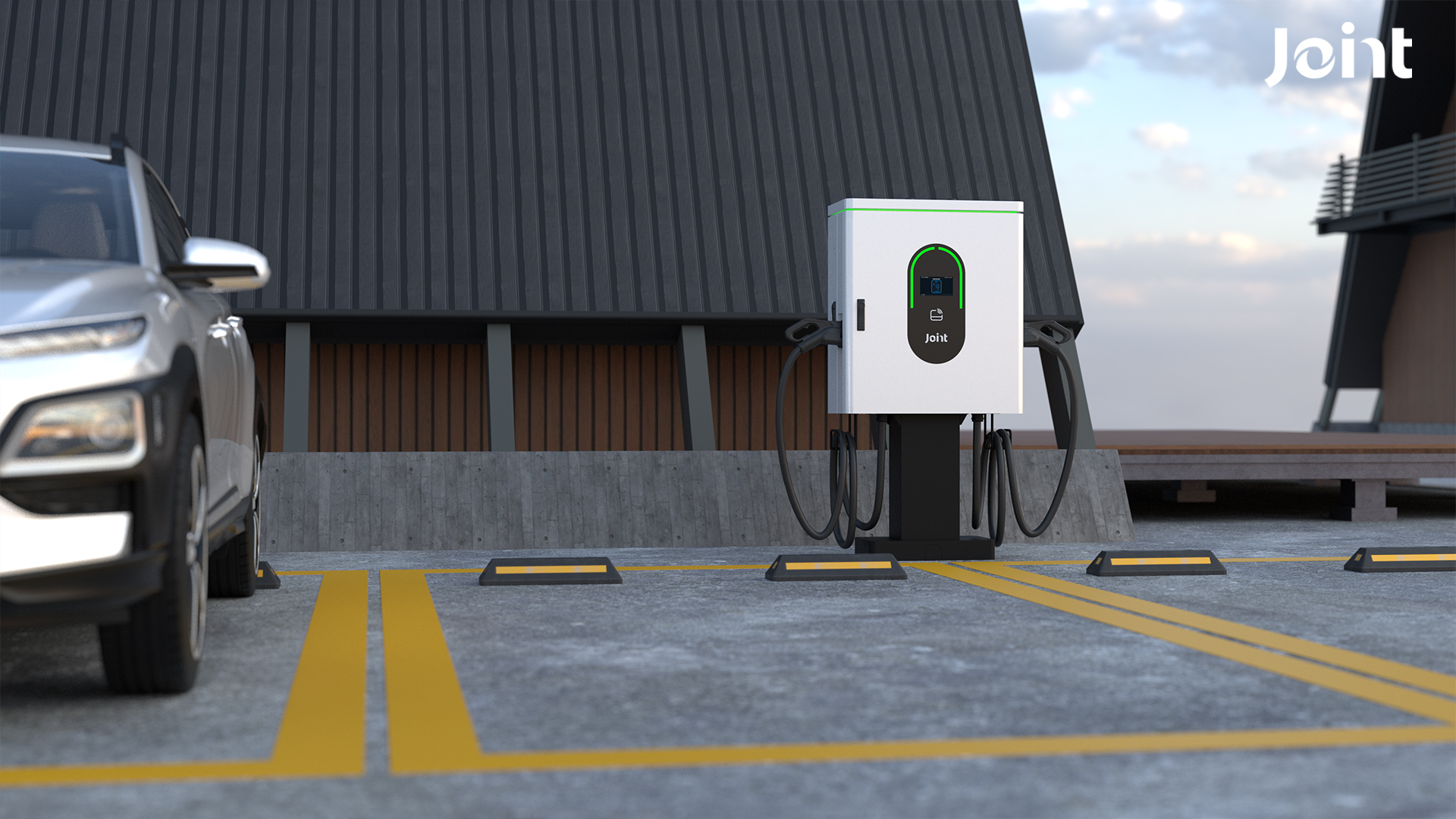
What You Need to Know About EV Charging Standards OCPP ISO 15118
The electric vehicle (EV) industry is expanding rapidly, driven by technological advancements, government incentives, and increasing consumer demand for sustainable transportation. However, one of the key challenges in EV adoption is ensuring seamless and efficient charging experiences. EV charging standards and communication protocols, such as the Open Charge Point Protocol (OCPP) and ISO 15118, play a crucial role in shaping the future of EV charging infrastructure. These standards enhance interoperability, security, and user experience, ensuring EV drivers can charge their vehicles without hassle.
Overview of EV Charging Standards and Protocols
EV charging infrastructure relies on standardized communication protocols to facilitate interactions between charging stations, EVs, and backend systems. These protocols ensure compatibility across different manufacturers and network operators, enabling a more cohesive and user-friendly charging ecosystem. The most prominent protocols are OCPP, which standardizes communication between charging stations and central management systems, and ISO 15118, which enables secure, automated communication between EVs and chargers.
Why Charging Standards Matter for EV Adoption
Standardized charging protocols eliminate technical barriers that could otherwise hinder the widespread adoption of EVs. Without standardized communication, charging stations and EVs from different manufacturers might be incompatible, leading to inefficiencies and frustration among users. By implementing universal standards like OCPP and ISO 15118, the industry can create a seamless, interoperable charging network that enhances accessibility, security, and user convenience.
The Evolution of EV Charging Communication Protocols
In the early days of EV adoption, charging infrastructure was fragmented, with proprietary protocols limiting interoperability. As EV markets grew, the need for standardized communication became apparent. OCPP emerged as an open protocol to connect charge points with management systems, while ISO 15118 introduced a more sophisticated approach, enabling direct communication between EVs and chargers. These advancements have led to more intelligent, efficient, and user-centric charging solutions.

Understanding OCPP: The Open Charge Point Protocol
What Is OCPP and How Does It Work?
OCPP is an open-source communication protocol that allows EV charging stations to communicate with a central management system. This protocol enables remote monitoring, diagnostics, and control of charging stations, facilitating efficient operations and maintenance.
Key Features of OCPP for EV Charging Networks
● Interoperability: Ensures seamless communication between different charging stations and network operators.
● Remote Management: Enables operators to monitor and control charging stations remotely.
● Data Analytics: Provides real-time data on charging sessions, energy consumption, and station performance.
● Security Enhancements: Implements encryption and authentication mechanisms to protect data integrity.
OCPP Versions: A Look at OCPP 1.6 and OCPP 2.0.1
OCPP has evolved over time, with major updates improving functionality and security. OCPP 1.6 introduced features like smart charging and load balancing, while OCPP 2.0.1 expanded capabilities with enhanced security, support for plug-and-charge, and improved diagnostics.
| Feature | OCPP 1.6 | OCPP 2.0.1 |
| Release Year | 2016 | 2020 |
| Smart Charging | Supported | Enhanced with improved flexibility |
| Load Balancing | Basic load balancing | Advanced load management capabilities |
| Security | Basic security measures | Stronger encryption and cybersecurity |
| Plug & Charge | Not supported | Fully supported for seamless authentication |
| Device Management | Limited diagnostics and control | Enhanced monitoring and remote control |
| Message Structure | JSON over WebSockets | More structured messaging with extensibility |
| Support for V2G | Limited | Improved support for bidirectional charging |
| User Authentication | RFID, mobile apps | Enhanced with certificate-based authentication |
| Interoperability | Good, but some compatibility issues exist | Improved with better standardization |
How OCPP Enables Smart Charging and Remote Management
OCPP allows charging station operators to implement dynamic load management, ensuring optimal energy distribution across multiple chargers. This prevents grid overload and reduces operational costs while improving efficiency.
The Role of OCPP in Public and Commercial Charging Infrastructure
Public and commercial charging networks rely on OCPP to integrate diverse charging stations into a unified system. This ensures that users can access charging services from different providers using a single network, enhancing convenience and accessibility.
ISO 15118: The Future of EV Charging Communication
What Is ISO 15118 and Why Is It Important?
ISO 15118 is an international standard that defines the communication protocol between EVs and charging stations. It enables advanced functionalities like Plug & Charge, bidirectional energy transfer, and enhanced cybersecurity measures.
Plug & Charge: How ISO 15118 Simplifies EV Charging
Plug & Charge eliminates the need for RFID cards or mobile apps by allowing EVs to authenticate and initiate charging sessions automatically. This enhances user convenience and streamlines payment processing.
Bidirectional Charging and ISO 15118’s Role in V2G Technology
ISO 15118 supports Vehicle-to-Grid (V2G) technology, enabling EVs to return electricity to the grid. This capability promotes energy efficiency and grid stability, transforming EVs into mobile energy storage units.
Cybersecurity Features in ISO 15118 for Secure Transactions
ISO 15118 incorporates robust encryption and authentication mechanisms to prevent unauthorized access and ensure secure transactions between EVs and charging stations.
How ISO 15118 Improves User Experience for EV Drivers
By enabling seamless authentication, secure transactions, and advanced energy management, ISO 15118 enhances the overall user experience, making EV charging faster, more convenient, and secure.

Comparing OCPP and ISO 15118
OCPP vs. ISO 15118: What Are the Key Differences?
While OCPP focuses on communication between charging stations and backend systems, ISO 15118 facilitates direct communication between EVs and chargers. OCPP enables network management, whereas ISO 15118 enhances the user experience with Plug & Charge and bidirectional charging.
Can OCPP and ISO 15118 Work Together?
Yes, these protocols complement each other. OCPP handles charge station management, while ISO 15118 optimizes user authentication and energy transfer, creating a seamless charging experience.
Which Protocol Is Best for Different Charging Use Cases?
● OCPP: Ideal for network operators managing large-scale charging infrastructures.
● ISO 15118: Best for consumer-focused applications, enabling automatic authentication and V2G capabilities.
| Use Case | OCPP (Open Charge Point Protocol) | ISO 15118 |
| Ideal For | Network operators managing large-scale charging infrastructures | Consumer-focused applications |
| Authentication | Manual (RFID, mobile apps, etc.) | Automatic authentication (Plug & Charge) |
| Smart Charging | Supported (with load balancing and optimization) | Limited, but supports seamless user experience with automatic features |
| Interoperability | High, with broad adoption across networks | High, especially for seamless cross-network charging |
| Security Features | Basic security measures (TLS encryption) | Advanced security with certificate-based authentication |
| Bidirectional Charging (V2G) | Limited support for V2G | Full support for bidirectional charging |
| Best Use Case | Commercial charging networks, fleet management, public charging infrastructure | Home charging, private use, EV owners seeking convenience |
| Maintenance and Monitoring | Advanced remote monitoring and management | Focused on user experience rather than backend management |
| Network Control | Comprehensive control for operators over charging sessions and infrastructure | User-focused control with minimal operator involvement |
The Global Impact of OCPP and ISO 15118 on EV Charging
How Charging Networks Worldwide Are Adopting These Standards
Major charging networks globally are integrating OCPP and ISO 15118 to enhance interoperability and security, fostering the development of a unified EV charging ecosystem.
The Role of OCPP and ISO 15118 in Interoperability and Open Access
By standardizing communication protocols, these technologies ensure that EV drivers can charge their vehicles at any station, regardless of the manufacturer or network provider.
Government Policies and Regulations Supporting These Standards
Governments worldwide are mandating the adoption of standardized charging protocols to promote sustainable mobility, enhance cybersecurity, and ensure fair competition among charging service providers.
Challenges and Considerations in Implementing OCPP and ISO 15118
Integration Challenges for Charging Operators and Manufacturers
Ensuring compatibility between different hardware and software systems remains a challenge. Upgrading existing infrastructure to support new standards requires significant investment and technical expertise.
Compatibility Issues Between Different Charging Stations and EVs
Not all EVs currently support ISO 15118, and some legacy charging stations may require firmware updates to enable OCPP 2.0.1 features, creating short-term adoption barriers.
Future Trends in EV Charging Standards and Protocols
As technology evolves, future versions of these protocols will likely incorporate AI-driven energy management, blockchain-based security measures, and enhanced V2G capabilities, further optimizing EV charging networks.
Conclusion
The Importance of OCPP and ISO 15118 in the EV Revolution
OCPP and ISO 15118 are foundational to the development of an efficient, secure, and user-friendly EV charging ecosystem. These protocols drive innovation, ensuring that EV infrastructure keeps pace with growing demand.
What the Future Holds for EV Charging Standards
The continued evolution of charging standards will lead to even greater interoperability, smarter energy management, and seamless user experiences, making EV adoption more attractive worldwide.
Key Takeaways for EV Drivers, Charging Providers, and Businesses
For EV drivers, these standards promise hassle-free charging. For charging providers, they offer efficient network management. For businesses, adopting these protocols ensures compliance, enhances customer satisfaction, and future-proofs infrastructure investments.
Post time: Mar-26-2025
